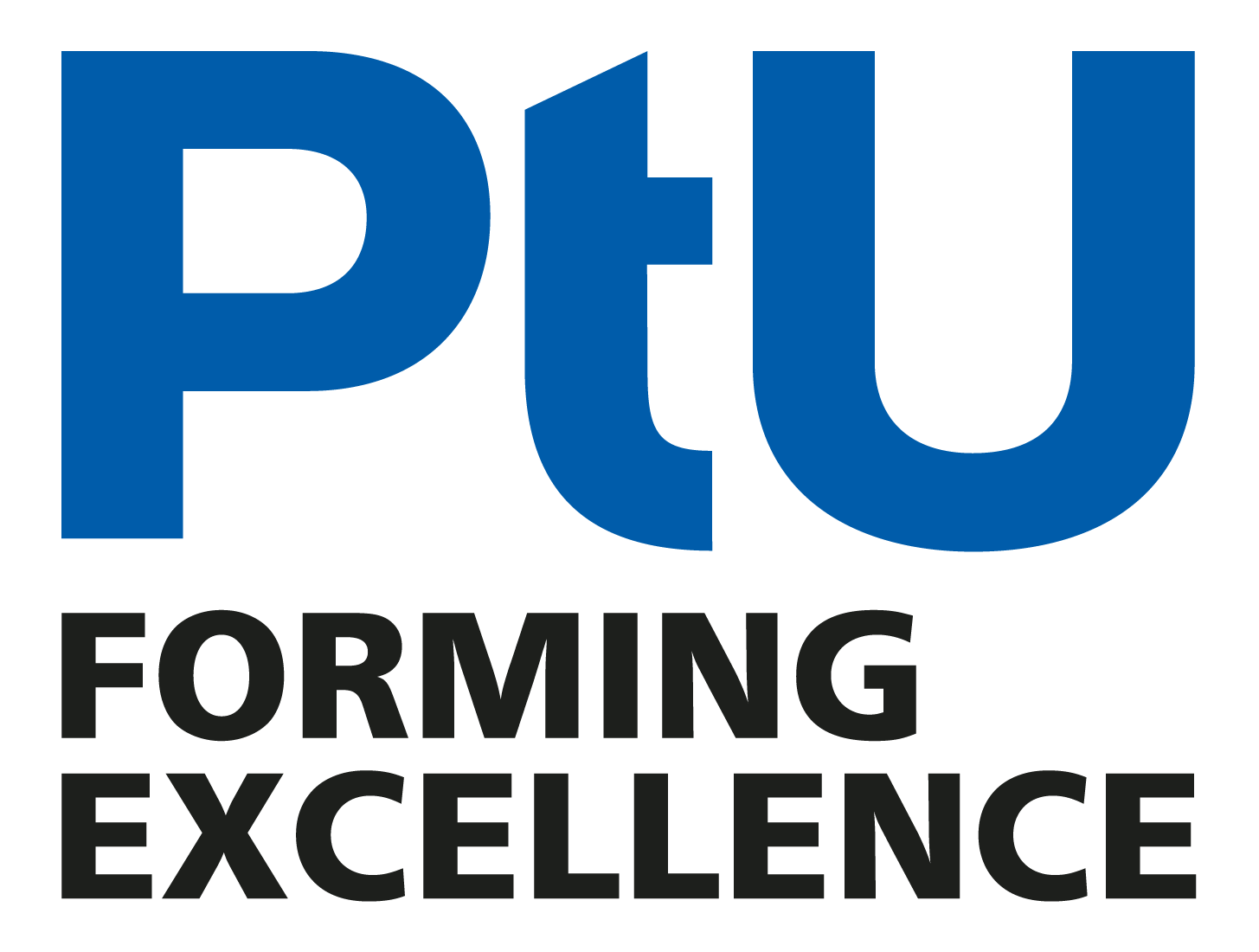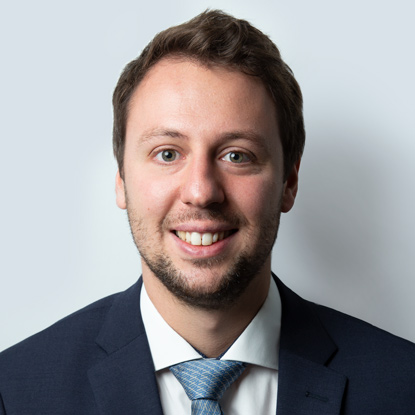ALLEGRO – High-performance components made of aluminium alloys through resource-optimized process technologies
The core objective of Allegro is to create a technology base for new efficient processes of integrated shaping and heat treatment of the high strength AA7075 aluminum alloy. The technology development should be accelerated and transferred into the application by a synergistic combination of the relevant technology building blocks (forming, tribology, joining, coating, material characterization, component properties and service life). At PtU, press hardening process is investigated by using the temperature and cooling systems which enhance the formability of the high-strength aluminum alloy AA7075. Moreover, functionally graded product structures from high-strength aluminium alloys with a high degree of shape accuracy with shortened process sequences are developed.
Coordinator: Dr.-Ing. Ezgi Bütev Öcal
Duration: January 2018 – June 2022
Funded by: LOEWE-Förderlinie 3
Motivation
Current research in production technology focuses on the increase of resource-efficiency and follow the approach of a fundamental sustainability of products and processes. Resource efficiency refers to the entire lifecycle of the product, used energy and other resources through to reintroduction into the recycling cycle. In the area of aluminium forming, there is a great improvement potential to achieve higher resource efficiency. In contrast to the current production where time-consuming and expensive subsequent heat treatments are necessary, a process-integrated realization of the target properties is to be achieved through novel process chains. Components with graded properties through targeted heat treatment which enable an excellent lightweight construction potential may serve as an example. In the electric mobility sector in particular, sustainable lightweight construction is required, as there are limited energy storage capacities.


Approach
Participants in the overall ALLEGRO project are the Institute of Materials Science and the Fraunhofer Institute for Structural Durability and System Reliability in Darmstadt, in addition two institutes of the University of Kassel. These include the Institute of Materials Science / Metallic Materials and the Institute of Cutting and Joining Manufacturing Processes.
In addition, a number of SME joint projects are technically integrated into the Allegro project at PtU.
- 2018 – 2019: WarmAp (hot forming of aluminum sheets for high-performance components of future mobility concepts)
- 2020 – 2021: RAmP (Load optimized sheet metal components made of high-strength aluminium)
- 2022 – 2023: PrositAl dual (Productivity assurance of temperature-supported aluminum forming processes through dual research and education)
The objectives of the SME joint projects are the implementation and testing of the technological advances made in Allegro in an industry-related environment and the development of new product groups with a significant increase in the complexity of the components. The partners for process implementation and method planning are Werner Schmid GmbH (multi-stage deep drawing) and Hörmann Automotive Gustavsburg GmbH (deep drawing with local heating). Filzek TRIBOtech GmbH as an expert in tribological issues completes the co-operating partners list.
In addition to the SME joint projects, the focus of the investigations at PtU is on roll forming and press hardening of high-strength aluminium alloy. Figure 1 shows the process chain of press hardening.
The objective of the press hardening is to develop functionally graded products from high-strength aluminum alloys with a high degree of shape accuracy. In addition, this process allows a considerable improvement in formability of Al-alloy with limited spring back. The idea of the process is to control cooling conditions during the quenching and forming operation by actively heating and cooling the tool, separately. The purpose of the current research is the investigation of mechanical property change throughout the blank by microstructural and mechanical investigation of Al-alloy. Moreover, a finite element model will be developed to predict the process parameters during the press hardening and to estimate the final mechanical properties of the hat profile.
Acknowledgement
The Institute for Production Engineering and Forming Machines would like to thank LOEWE, the Hessen Agency and the partners involved for their support in the implementation of this project.
Funded by
Project Partners


